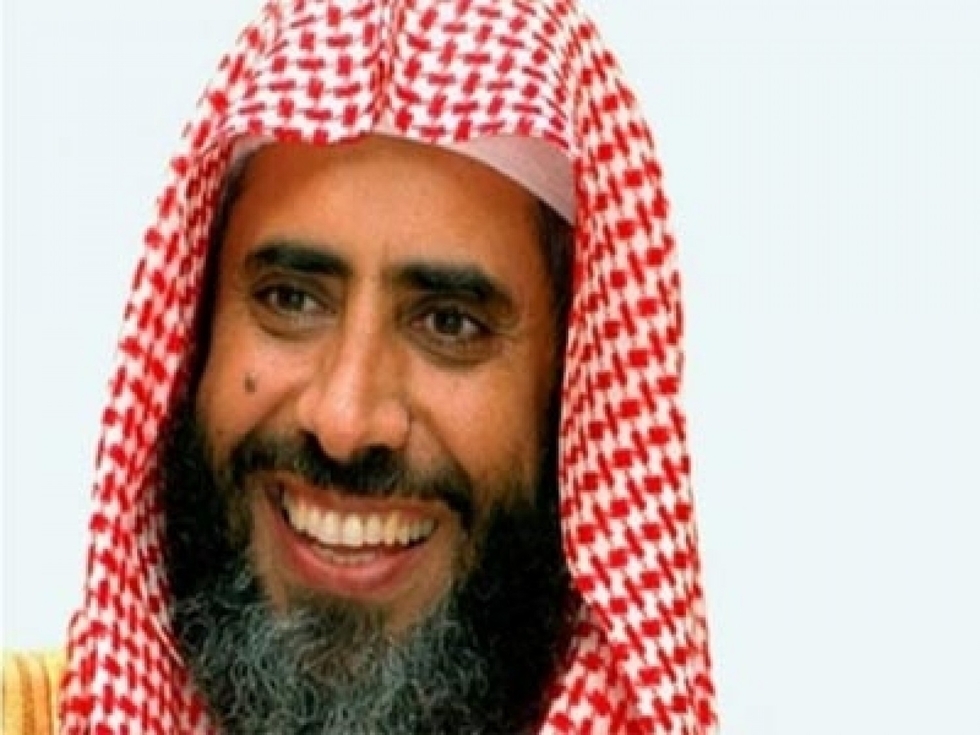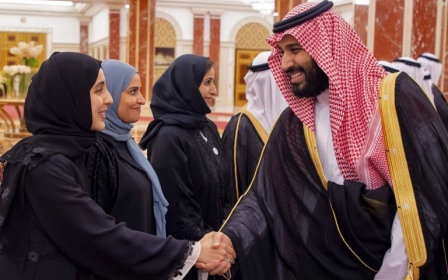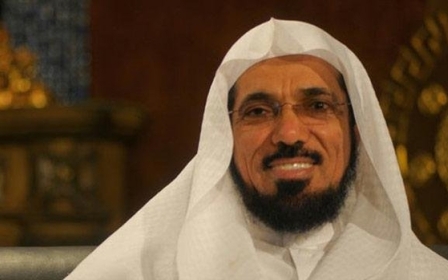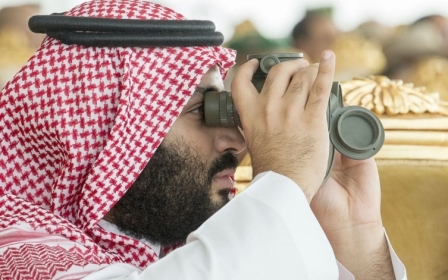Saudi prosecutor demands death penalty for cleric Awad al-Qarni

Saudi Arabia's public prosecutor has called for cleric Awad al-Qarni to be sentenced to death, Saudi rights groups said Thursday.
Qarni, a Sunni preacher, academic and author, is the third scholar to face the same decision in one week.
He was arrested in September 2017 along with clerics Ali al-Omari and Salman Odah, who both also faced a death penalty recommendation by the public prosecutor earlier this week.
The three clerics were believed to be arrested mainly because they did not back Crown Prince Mohammed Bin Salman’s policy towards neighbouring Qatar, which is facing a blockade by Saudi Arabia and its allies in the Gulf because of alleged support for “terrorism”.
They are also independent scholars with a large following amongst Saudi and Arab youth.
These particular cases highlight how the government is pursuing its own extremist, intolerant agenda under the absurd guise of ‘moderate Islam'
- Sarah Leah Whitson, Human Rights Watch
Sarah Leah Whitson, Executive Director of the Middle East and North Africa Division at Human Rights Watch, said that the death sentence gave lie to the Crown Prince's self-proclaimed reform agenda.
“The Saudi prosecutor’s call for the death penalty against three well-known clerics is part and parcel of the government’s aggressive campaign to use its broadly-worded laws to silence its own citizens, in particular any who dare to push for reforms,” she said.
“These particular cases highlight how the government is pursuing its own extremist, intolerant agenda under the absurd guise of ‘moderate Islam'."
Prior to his arrest, Odah tweeted a call for reconciliation between Saudi Arabia and Qatar.
In June last year, Saudi Arabia, the United Arab Emirates, Bahrain and Egypt cut ties with Qatar, accusing it of "supporting terrorism". They also closed land, sea and air routes to it and expelled Qatari citizens.
Executions, most commonly beheadings, usually take place in Saudi Arabia after the decision is ratified by the king - in this case, King Salman.
The date of a final verdict for the three clerics has not yet been announced, due to the secretive nature of the trials.
Saudi Arabia remains “one of the most prolific executioners in the world”, beheading at least 100 people in 2017 alone, according to Amnesty International.
There are currently at least 58 people on death row in Saudi Arabia, most of them from the Shia minority, according to the latest tally by the European Saudi Organisation for Human Rights.
New MEE newsletter: Jerusalem Dispatch
Sign up to get the latest insights and analysis on Israel-Palestine, alongside Turkey Unpacked and other MEE newsletters
Middle East Eye delivers independent and unrivalled coverage and analysis of the Middle East, North Africa and beyond. To learn more about republishing this content and the associated fees, please fill out this form. More about MEE can be found here.




